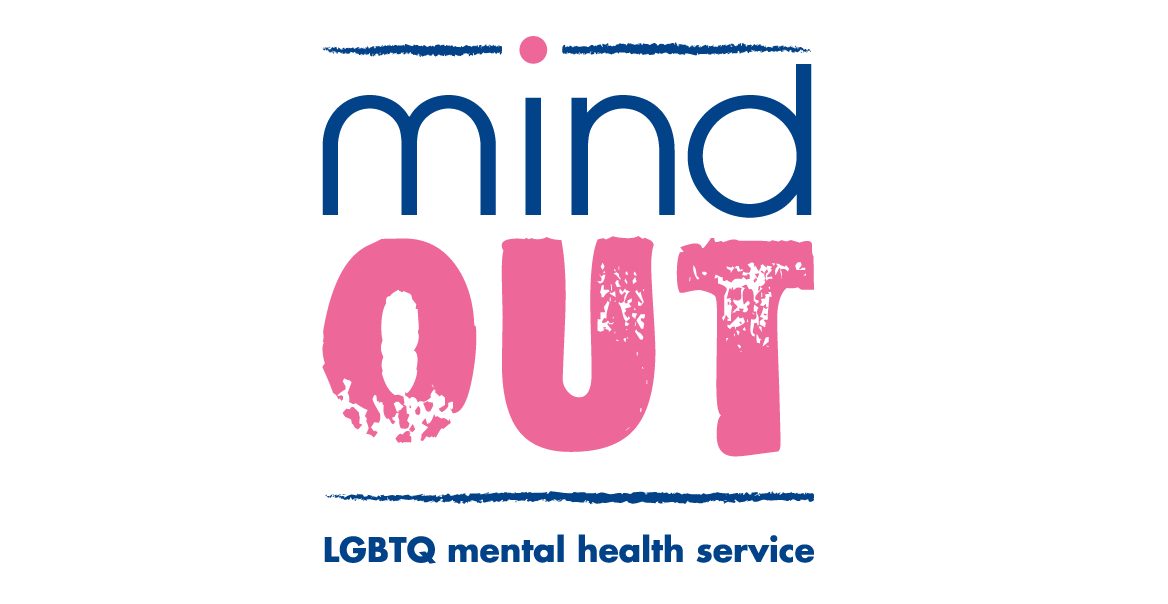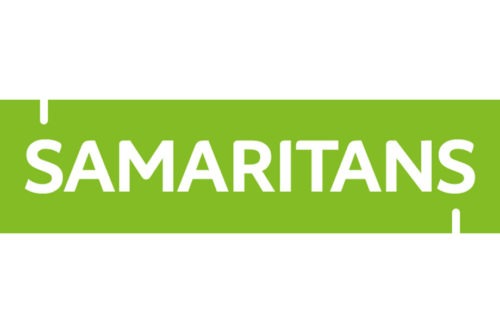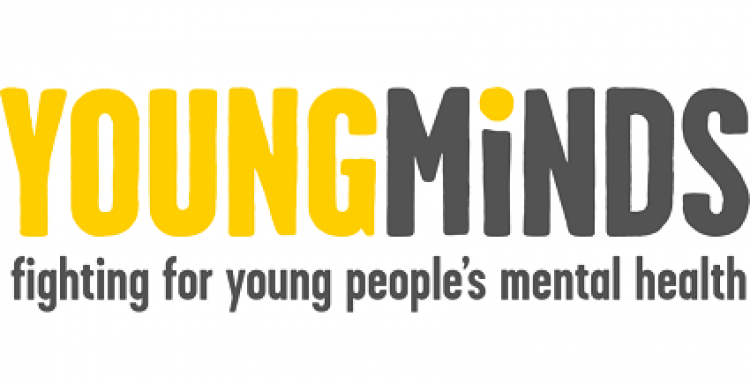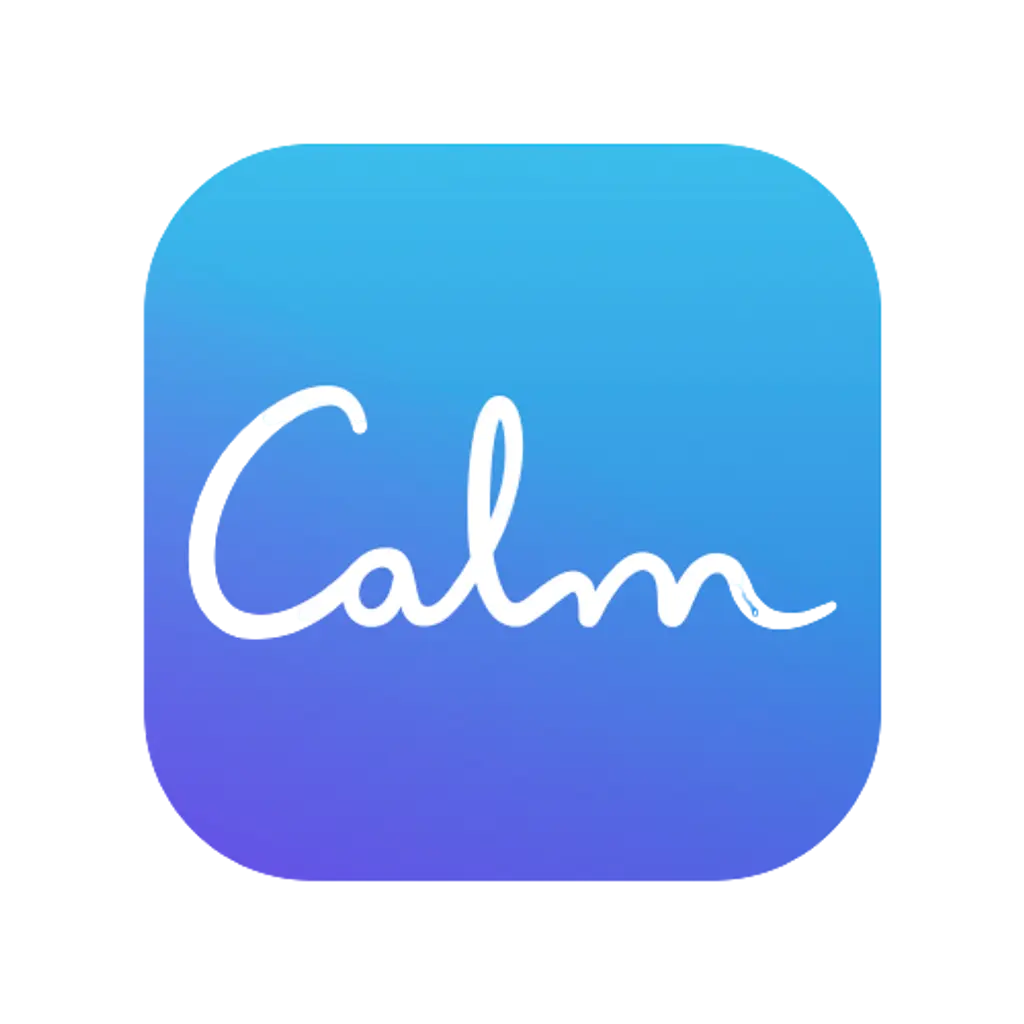Who can get help?
You can get help if you:
- are disabled, have a mental health condition or have a long-term health condition that impacts on your ability to work;
- are aged 16 or over; and
- live in England, Scotland or Wales – there’s a different system in Northern Ireland
- You also need to have a paid job, or be about to start or return to one. A paid job could include:
- self-employment
- an apprenticeship
- an internship
- Access to Work could also pay for you to take part in work experience or a work trial.
Access to Work can only assess you if you have confirmed a job offer or during your employment. You cannot be assessed before getting a job offer.
You do not need to be a UK citizen, but you must live and work in England, Scotland or Wales to apply.
Access to Work applies to any paid job of any length of time. This includes part-time work, temporary work and work trials organised by Jobcentre Plus.
Check if you’re eligible for Access to Work (GOV.UK)
Access to Work can pay for a communication support worker for you to go to a job interview if you:
- are deaf or hard of hearing and need a British Sign Language (BSL) interpreter or lipspeaker
- have a physical or mental health condition or learning difficulty and need communication support
Apply for communication support at a job interview (GOV.UK)
‘Disabled’ has the same meaning as in the Equality Act 2010. This defines disability as ‘a physical or mental impairment which has a substantial and long-term adverse effect on [your] ability to carry out normal day-to-day activities’.
Disabled can also include disabilities that only become apparent in the workplace. An example of this might be where you started work and found that your eyesight was affected by computer screens but had not noticed this problem before you started work.
I am in Crisis
If you feel you need immediate help, contact one of the below charities.
Recommended Apps
Below are a selection of the apps we recommend





